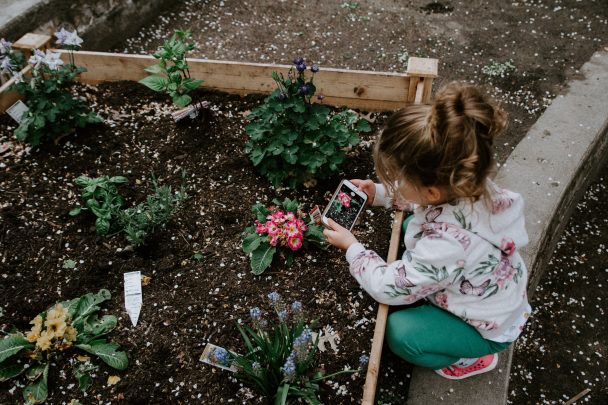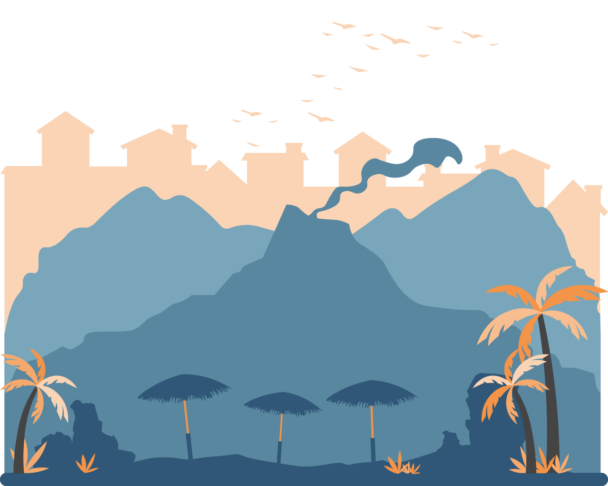Description
How can we, as educators, respond to increasing environmental demands and to young people’s concerns about climate, in this age of eco-angst?
Permaculture is a set of tools and knowledge, focused on ecological and regenerative design and thinking; a system to respond to the needs of the planet and its rising human population.
The name for this design process was coined by Bill Mollison in the mid-’70s in Australia and can be applied to education as well as to any other area. It bases its philosophy on principles and ethics that admit that we may not be able to achieve zero impact on our immediate environment, but we can aim to improve it, providing fertility and abundance through considering and planning our actions.
By paying close attention to the importance of closing cycles, permaculture imitates nature, so any waste becomes a nutrient for the system itself. This discipline is vital to the field of education, contributing values, and methodology for solving practical school management problems and promoting creative thinking which can be applied at very different scales and over different sectors of society.
This entertaining course offers an introduction to the Permaculture concept, sharing techniques and methodologies so you can develop a permaculture design project, which will allow you to make a small but significant improvement to your educational center.
“In the end, we will conserve only what we love; we will love only what we understand, and we will understand only what we are taught.”
Senegalese poet and naturalist Baba Dioum.
What is included
Learning outcomes
The course will help the participants to understand how to:
- Acquire a holistic and systemic perspective toward your educative reality;
- Foster creativity and social environmental responsibility, regarding any of our daily decisions and actions as human beings in schools;
- Acquire dynamics and resources for non-violent communication, shared leadership, and group cohesion;
- Introduce ecological thinking in our mental framework and educational planning;
- Facilitate the transition to education in values, and improve the quality of our inner well-being, that of our community, and that of the planet, for this and the next generations.
Tentative schedule
Day 1 – Course introduction & analyzing concepts
Course introdcution
- We introduce ourselves to the origin of Permaculture, and its adaptation to the present moment, and we will know its ethics and attitude principles.
Analyzing concepts
- After the analysis of concepts such as sustainability, food sovereignty, the cause and effects of climate change, circular economy, etc. we will devise future scenarios that we would like to reach.
Day 2 – Permaculture design
- After having taken our future scenario to bed, we will share it in class, to begin to visualize synergies and strengthen the work with collective intelligence;
- We will know the principles of Permaculture design, along with some methods to implement designs and achieve good results taking into account the maintenance and monitoring of the projects.
Day 3 – Base maps
- We will know the two base maps for the creation of a permaculture design;
- We will go into several interesting elements to analyze and, we will end the day with examples of real and very inspiring projects.
Day 4 – Reviewing and collecting data
- We will review the knowledge and techniques learned and introduce a new area and two new elements to our Permaculture Set;
- We will begin to collect data to be able to carry out the project that we will take to our educational center.
Day 5 – Designing permaculture project
- With everything learned during the week and the data obtained related to our educational center, we will design a permaculture project that is feasible when we return to our work;
- We will share these projects, providing improvements and recognizing the strengths of each of them, and celebrate our meeting and shared experience during the week
Day 6 – Course Closure & Excursion
- Course evaluation: round-up of acquired competencies, feedback, and discussion;
- Awarding of the course Certificate of Attendance;
- Excursion and other external cultural activities.







